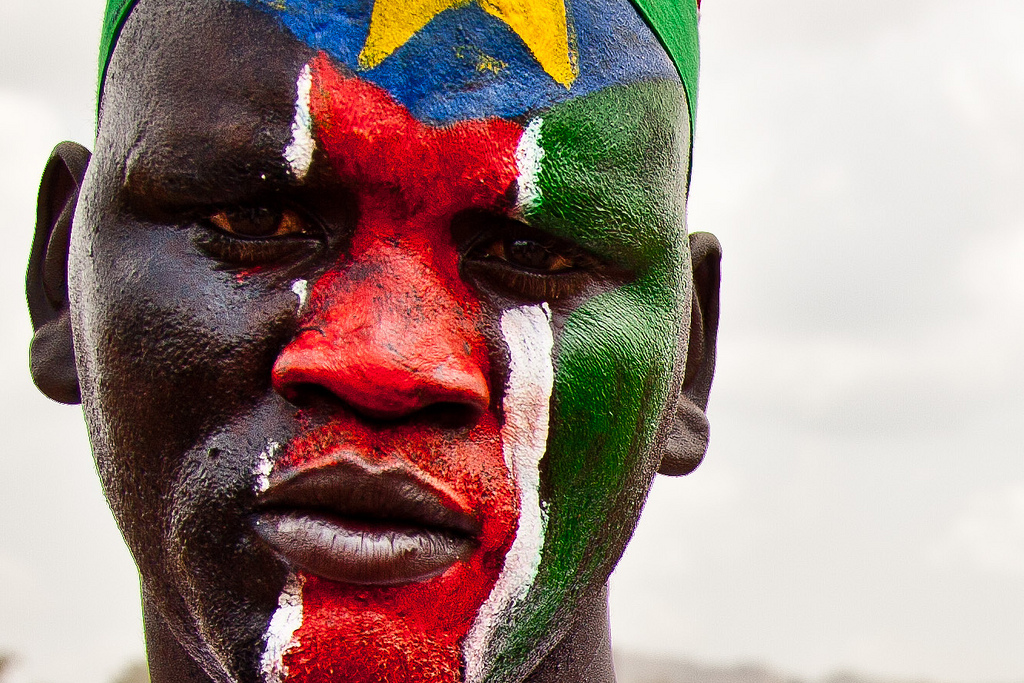
Editor's Note: This piece originally appeared in The European Magazine.
One year ago, South Sudan celebrated its independence. As the country takes its first hesitant steps and learns to walk in freedom, the international community must remember that the risk of mass atrocities within Sudan, and the risk of war between Sudan and South Sudan, is far from over.
One year ago on July 9, 2011, as the world’s newest nation, the Republic of South Sudan, celebrated its inaugural Independence Day, former Sudanese compatriots from the north sent warm wishes by videotape from the people of Sudan to the people of South Sudan. They tweeted these messages of peace and love using the hashtag #LoveFromSudan. And journalists worldwide took notice.
“I’m really sorry that we couldn’t be one peaceful, united and prosperous country,” said Omnia Shawkat. “But I wish you all the success, and I hope that you become one of the beacon countries of this continent.”
While South Sudan has become more united, it has not become more prosperous in its first year, since it has shut off oil pipelines –its major source of revenue. From South Sudan’s perspective, it would rather see its natural resource remain in the ground, safe from theft by Sudan. The two countries have not yet agreed on a plan to share revenue from oil pumped in the south and conveyed to international markets through pipelines that run north to Port Sudan. Nor have the countries agreed on a clearly demarcated common border, or what to do about disputed, oil-producing regions such as Abyei.
One of the Sudanese citizens who sent a video message of peace and reconciliation to the people of South Sudan was a software engineer and social media activist from Khartoum named Usamah Mohamed Ali, who tweets as @SimSimt. Today, as Juba marks its first year of independence, Usamah sits in Khartoum’s Kober Prison, where Sudanese security forces have detained him since June 22, after he reported on peaceful protests against the Khartoum regime. He is one of many peaceful protestors detained by the brutal and censorious Khartoum regime, several of whose leaders, including President Omar al-Bashir, have been indicted by the International Criminal Court for war crimes including genocide in Darfur.
A few hours before his arrest, Usamah explained the current protests to the international broadcast network Al Jazeera English (AJE).
“I think my country, Sudan, has really hit rock bottom, and things cannot get any worse than they are now,” Usamah stated in a video message posted by AJE’s interactive TV program, The Stream. “After 23 years of oppression, injustice, poverty, crimes that are all committed under the current regime, change now is an inevitable must.”
Concurrently, as Sudanese street protestors in major cities, such as Khartoum and Omdurman, seek a peaceful transition toward democracy, rebels in Sudan’s border regions of Blue Nile state and South Kordofan have joined forces with Darfuri rebels to oppose the Khartoum regime by force. And while the Khartoum regime confiscates newspapers and throws reporters in detention or deports them from the country for reporting on peaceful protests spurred by recent price increases, news of this civil disobedience continues to trickle out of the country. Citizen journalists and social media activists continue to document the peaceful protests, and the Khartoum’s brutal and oppressive crackdown, through cell phone photos and videos, and eyewitness reports, using Twitter hashtags such as #FreeUsamah and #SudanRevolts.
Click to continure reading on The European Magazine.
Photo: A South Sudanese man painted his face in the colors of the flag on Independence Day in Juba, July 9 2011. (Enough / Tim Freccia)

